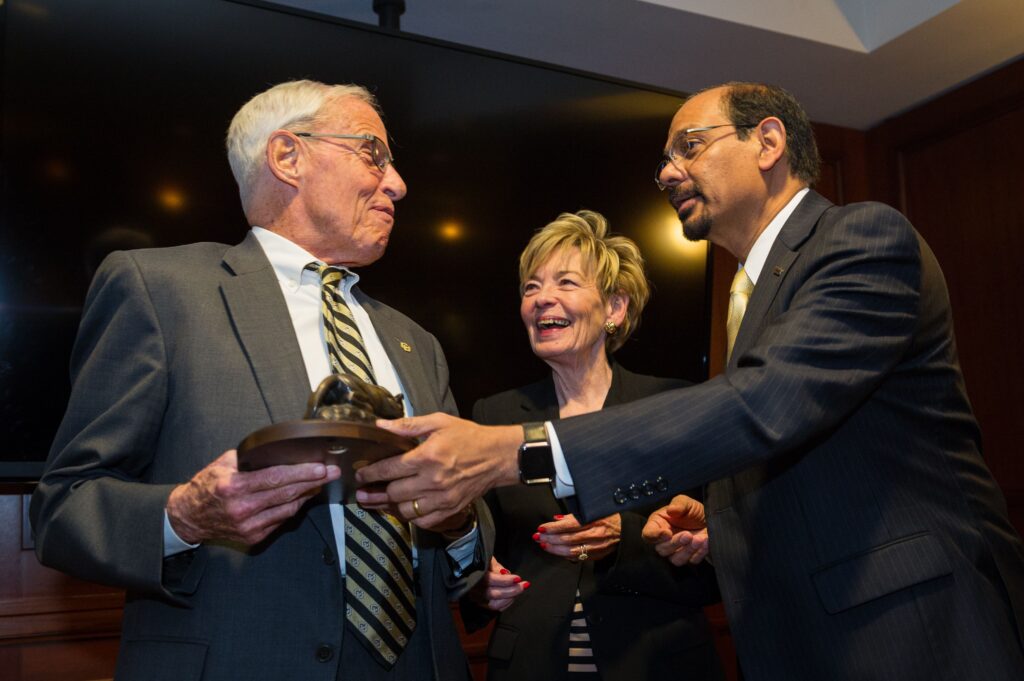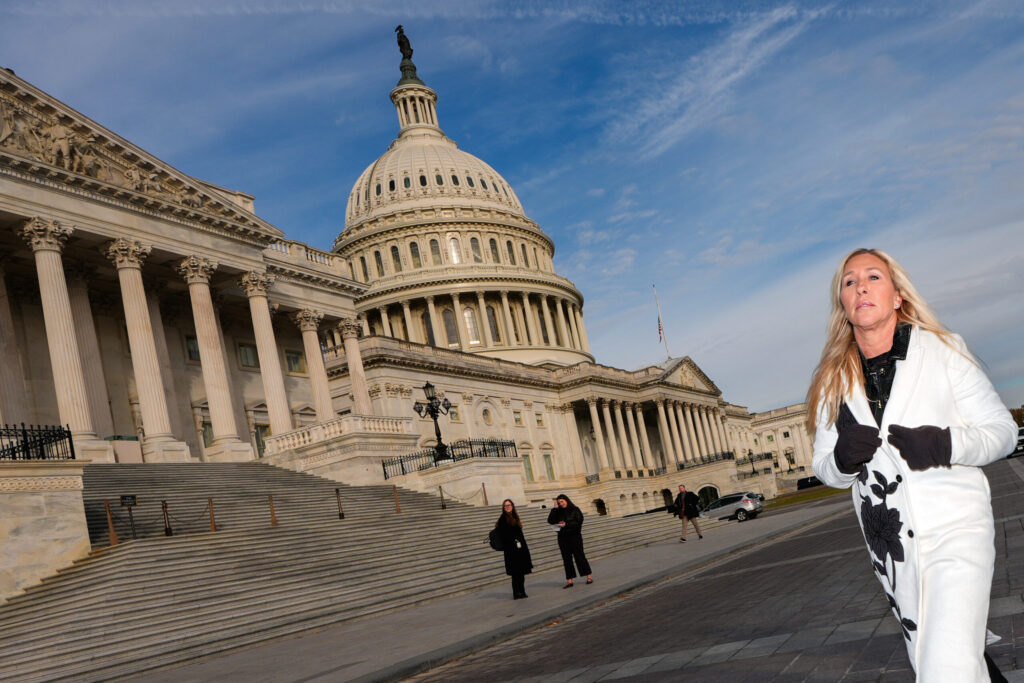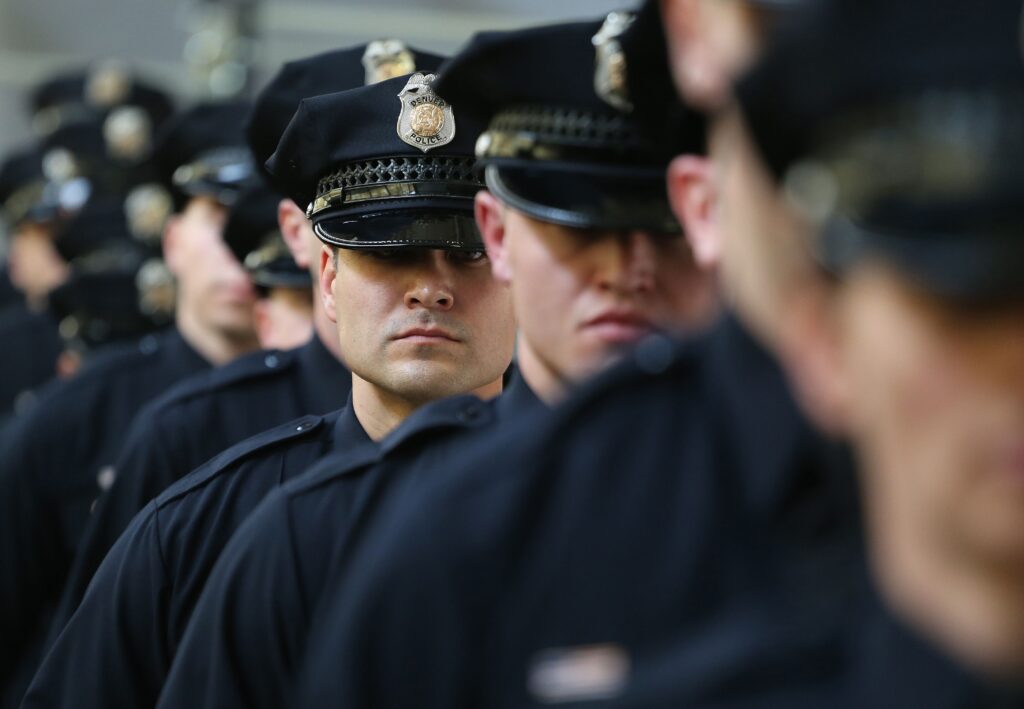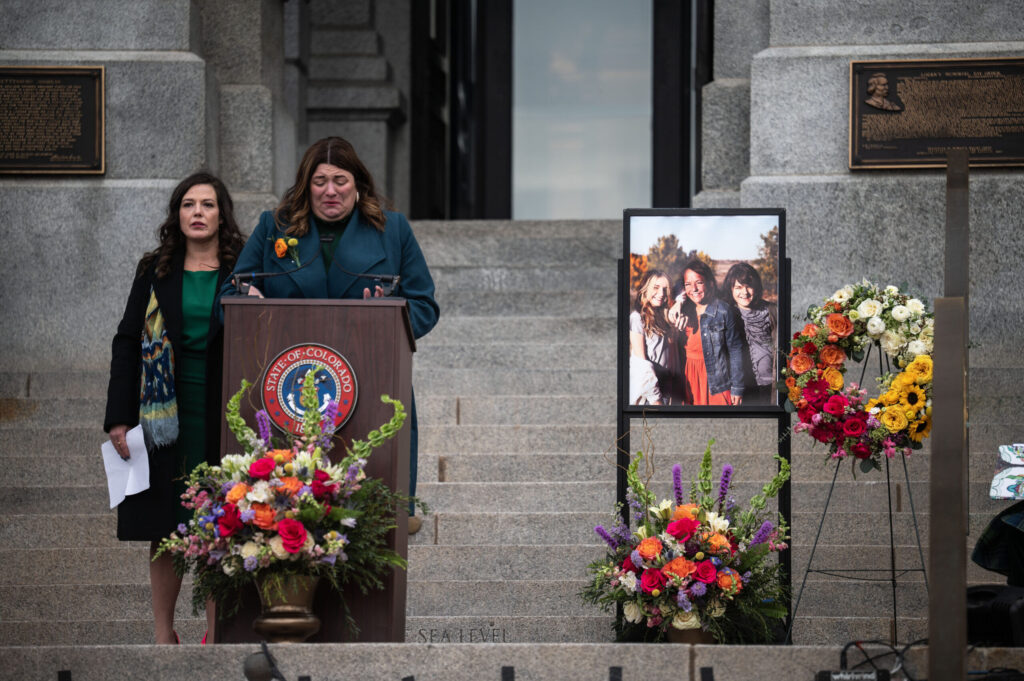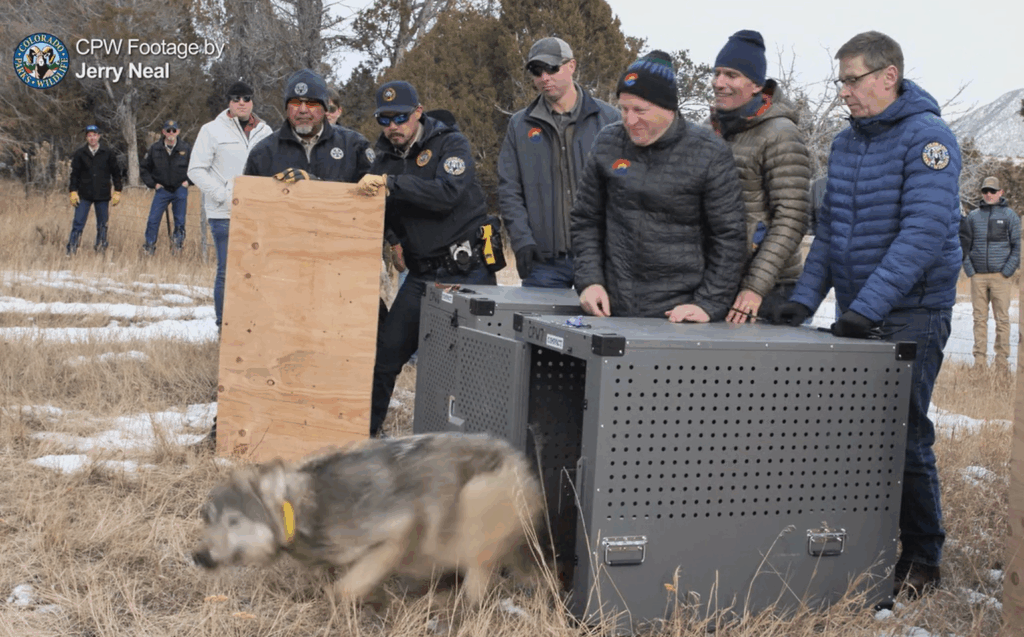Reagan official works on president’s image among women in Denver | A LOOK BACK

Forty Years Ago This Week: A devoted group of Denver Republicans where excited to have the opportunity to meet with the White House associate director of the Office of Public Liaison, Trudi Morrison.
Phil Winn, Morrison’s former boss at the Department of Housing and Urban Development and current chair of the Colorado Republican Party, introduced her at the event where she assured the group that President Ronald Reagan was doing all he could to further the cause of women.
Morrison quoted from many of Reagan’s contemporary speeches, arguing that the economy and defense were important women’s issues, both dramatically affecting the status of women in society. She argued that, without a doubt, when the economy grew, women prospered in direct proportion.
“Whether President Reagan is or isn’t sympathetic to women’s issues is not really the point,” Morrison said. “He is perceived as being unsympathetic to the cause.”
When interviewed at the meeting by a reporter for The Colorado Statesman, Republican activist Judy Bucher said, “The president is a victim of bad public relations. He opens himself up to some of the attacks.”
And none of this was helped, Morrison said in her talk, by the severe public chastisement of Reagan by Barbara Honneger, a former Reagan appointee. Honneger had been bringing the president to task for not doing enough to erase discrimination against women.
“I was first a little rattled when Barbara … recited my White House phone number on the airwaves for disgruntled women to contact,” Morrison said. “But now I’m more settled in my job I’m excited to spread the word on the administration’s pro-women policies. All I can do is refute the best I can.”
Morrison also predicted that the addition of Maureen Reagan, the president’s oldest child, to the public relations effort would help immensely.
Morrison, who’d been an activist for the Black community at Colorado State University while attaining her juris doctorate, had been named director of the 50 State Project, which was designed to eliminate gender gap discriminatory language in state statutes, so the issue was an important one both to her personally and to her official role.
Thirty Years Ago: William Perkins of Coloradans for Family Values had sent out a three-page letter requesting donations to stop “militant homosexuals” from repealing Amendment 2.
Amendment 2 had passed with 53% of the vote on the November 1992 ballot, but the measure had gone to Denver District Judge Jeff Bayless who, on January 15, barred the anti-gay rights measure from taking effect before he could determine whether it violated the constitutional rights of Coloradans.
In his letter, Perkins claimed that CFV was soliciting funds to finance statewide “educational and organizational efforts” and seminars to “equip citizens … to begin monitoring, alerting and responding to the attacks homosexual activists have planned for our local communities.”
Perkins also pledged the funds would go to providing amicus, or friend of the court, briefs to Colorado Attorney General Gale Norton’s office” as well as building a comprehensive database to “document the homosexual agenda.”
Railing against Denver software magnate Tim Gill, who had pledged $2 million against Amendment 2, and Aspen fundraisers with Liza Minelli which raised $250,000 in a single night, Perkins told readers, “We depend on Coloradans like you; everyday working citizens doing their part to keep fairness alive.”
“Quite honestly,” Perkins closed his letter, “without your support unprecedented waves of homosexual aggression will go unchallenged in our state.”
In other news, El Paso County Democratic Party Chair Sharon Berthrong told The Statesman that she applauded all the legislators who took part in Gov. Roy Romer’s special session on juvenile gun violence.
“It is about time we rack down and take guns out of the hands of children,” Berthrong said. “There is much more that needs to be accomplished … I hope the momentum and enthusiasm will not be lost in January. We must support front end solutions such as early intervention and prevention programs.”
Rachael Wright is the author of the Captain Savva Mystery series, with degrees in Political Science and History from Colorado Mesa University, and is a contributing writer to Colorado Politics and The Gazette.





